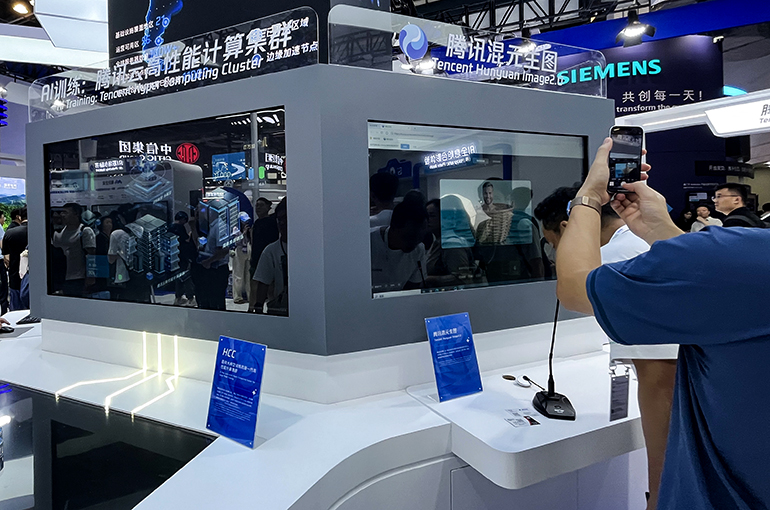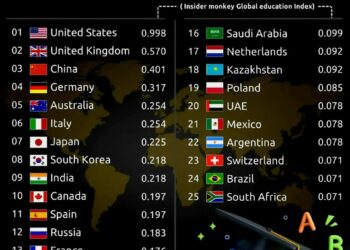Select Language:
Shares of Tencent rose to their highest point in more than four years after the Chinese tech giant reported robust financial results for the second quarter, driven by increased integration of artificial intelligence in gaming and marketing sectors.
The stock opened 2.4% higher at HKD 600 (approximately USD 76.45), marking its highest level since April 8, 2021. Although it gained about 45% year-to-date, the price pulled back shortly afterward and was trading around HKD 593.50, up 1.3%, by mid-morning.
In its latest earnings report, the company announced a 17% increase in net profit, reaching CNY 55.6 billion (roughly USD 7.7 billion) for the quarter ending June 30. Revenue also grew by 15%, totaling CNY 184.5 billion (about USD 25.7 billion).
Both figures exceeded market forecasts, which were CNY 50.8 billion for net profit and CNY 178.9 billion for revenue.
“Our game platforms performed well, with mainstream titles like Honor of Kings and Peacekeeper Elite expanding into platform ecosystems, utilizing more AI features, while new releases like Delta Force gained traction,” said the company’s CEO. “Our advertising services experienced rapid growth due to an upgraded foundation model, which improved ad performance across our traffic networks.”
Gaming revenue from China increased 17% year-over-year to CNY 40.4 billion, while international gaming revenue surged 35% to CNY 18.8 billion in the same period.
The company highlighted that AI tools were leveraged to speed up content creation, enable more realistic virtual teammates and non-player characters (NPCs), and enhance marketing activities, all of which contributed to its domestic and global game popularity and revenue growth.
Revenue from marketing services grew by 20% to CNY 35.8 billion, and income from financial technology and enterprise services rose 10% to CNY 55.5 billion.
Tencent enhanced its AI capabilities in ad creation, placement, recommendation, and performance analysis, leading to improved click-through rates and higher conversions. This resulted in better return on investment for advertisers and substantial growth in its marketing services division.
Moreover, the company’s AI investment intensified during the quarter, with capital expenditures soaring 119% to CNY 19.1 billion. The majority of this spending focused on AI infrastructure, including chips and data centers.
During an earnings call, President Martin Lau stated that the company possesses sufficient chips to train and upgrade AI models continuously. He explained that software-level optimizations are improving AI inference efficiency, allowing more workloads to be handled with the same hardware capacity.






